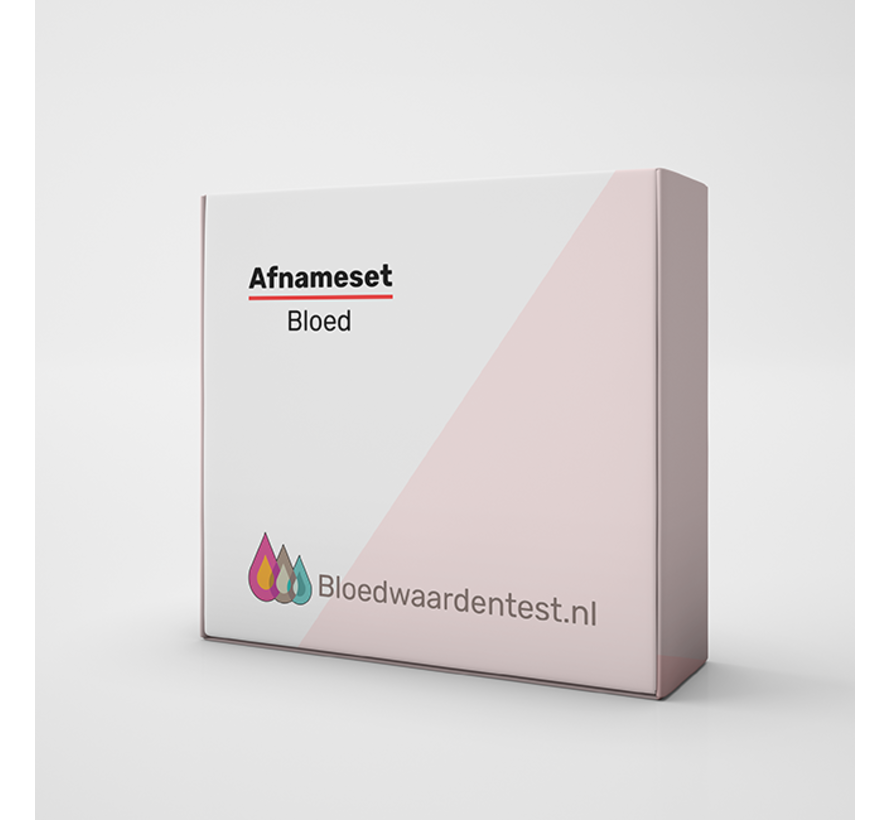Vitamin E (Tocopherol)
Vitamin E shortage?
Vitamin E (Tocopherol), a fat-soluble vitamin, plays a role in the production of red blood cells and the maintenance of muscle and other tissues. It is also important for resistance. Vitamin E is an antioxidant: it protects the cells in the body from and free radicals. Vitamin E is found in vegetable oils and in plant products such as grains, nuts, seeds, vegetables and fruits. Animal products contain relatively little vitamin E.
The maximum safe dose of vitamin E is, by the Health Council, set at 300 milligrams per day, which is about 25 times the RDA. This amount corresponds to 4.5 kilograms of nuts.
In theory, an excess of vitamin E will cause a build-up in various tissues. As a result, it can adversely affect the processes in those tissues. However, in practice, no adverse effects are known so far.
What are the consequences of vitamin E deficiency?
Severe symptoms due to vitamin E deficiency are very rare and occur almost exclusively as a result of a severe nutrient absorption disorder. Possible symptoms of vitamin E deficiency are anemia and damage to the brain (brain softening).
Conversion factor:
mg/l x 2.322 = micromol/L
Reference value(s); the values between which the result should and does lie:
Women: 10.2-43.6 micromol/L
Pregnancy (2-3 trim.): 15.6-55.7 micromol/l
Men: 7.8-33.2 micromol/l





